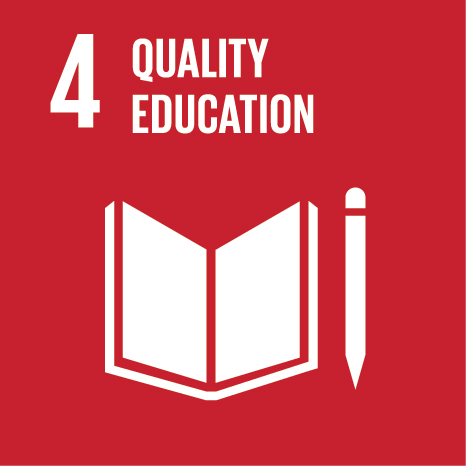 +265(0)111 624 222
+265(0)111 624 222 research@unima.ac.mw
research@unima.ac.mw Chirunga-Zomba, Malawi
Chirunga-Zomba, Malawi
An Ubuntu Approach to Addiction-Response Framework in Malawian Schools
Abstract
This chapter draws the implications of the neoliberal model of education that informs education practice in Malawi and much of the world, to establish its compatibility with effective and meaningful responses to addiction among schoolgoing youths. The chapter argues that the neoliberal model of education that informs education in Malawi, due to its presupposed conceptualisation of the learner as largely an aspiring autonomous being whose interests are largely economic, in principle stipulates a form of teacher-learner relationship that is largely based on strict positivistic duties. More significant is the fact that such a model of education, given its obsession with cultivation of individual autonomy, necessarily excludes acting under the influence of the virtue of care towards learners which the teachers are ideally expected to operate under.
| Original language | en |
| Pages (from-to) | 71-90 |
| Publication status | Published - 2019 |
UN SDGs
This research output contributes to the following United Nations (UN) Sustainable Development Goals (SDGs)

License
http://www.springer.com/tdmUN SDGs
This research output contributes to the following United Nations (UN) Sustainable Development Goals (SDGs)

License
http://www.springer.com/tdmUN SDGs
This research output contributes to the following United Nations (UN) Sustainable Development Goals (SDGs)

License
http://www.springer.com/tdm